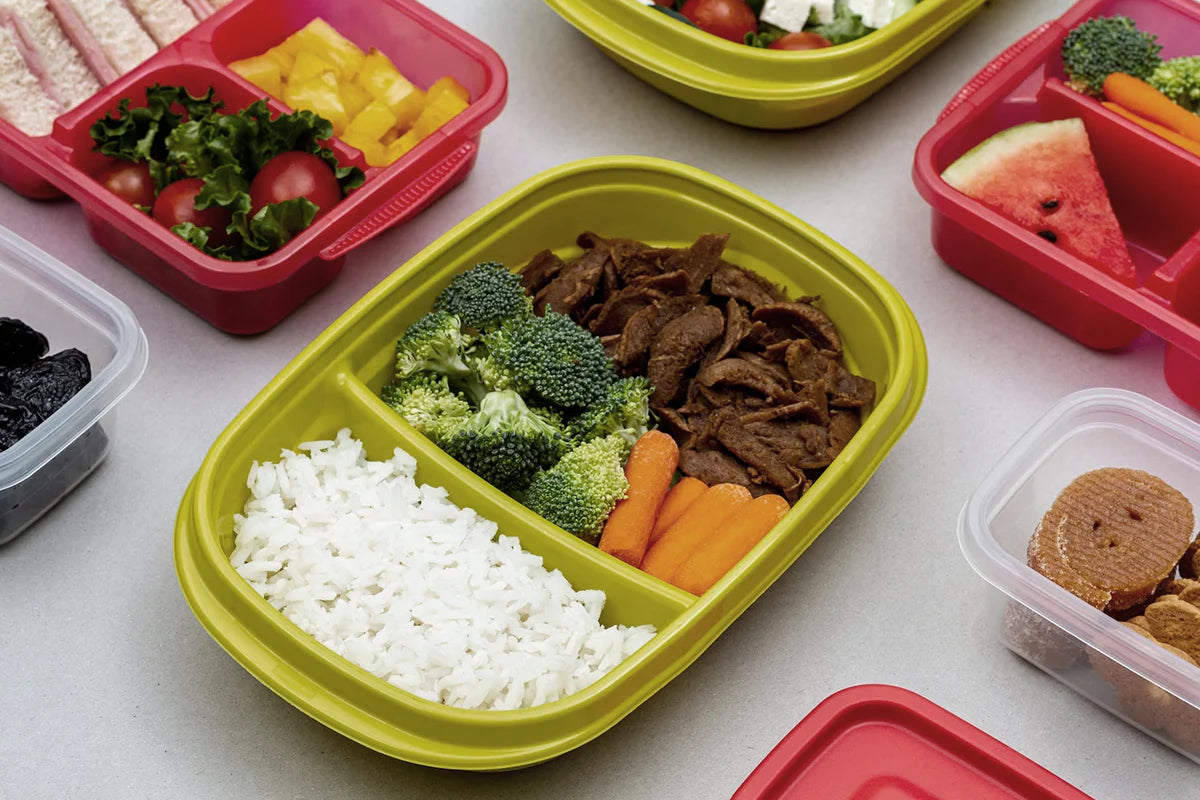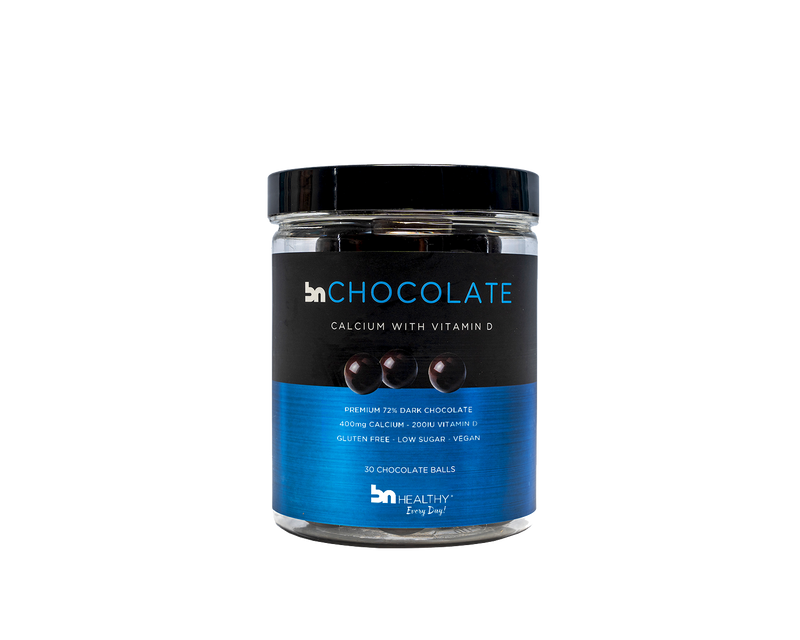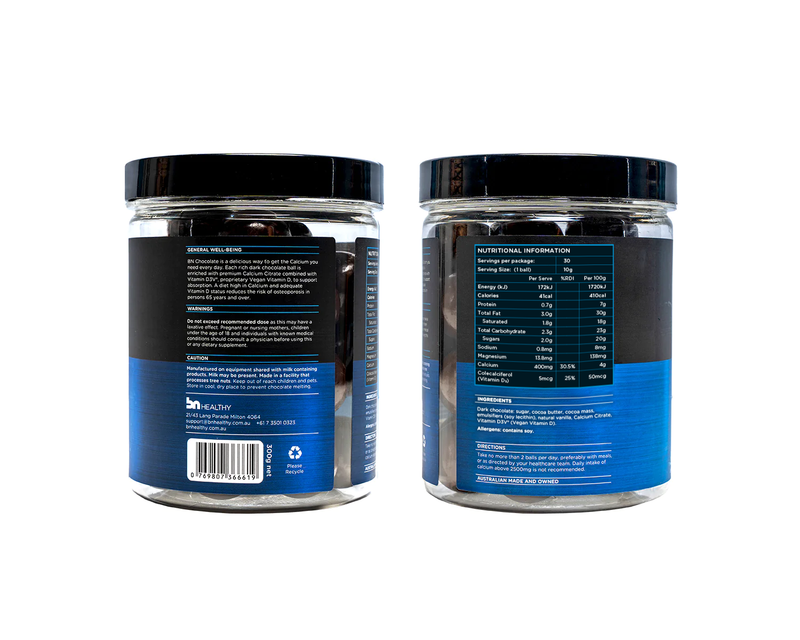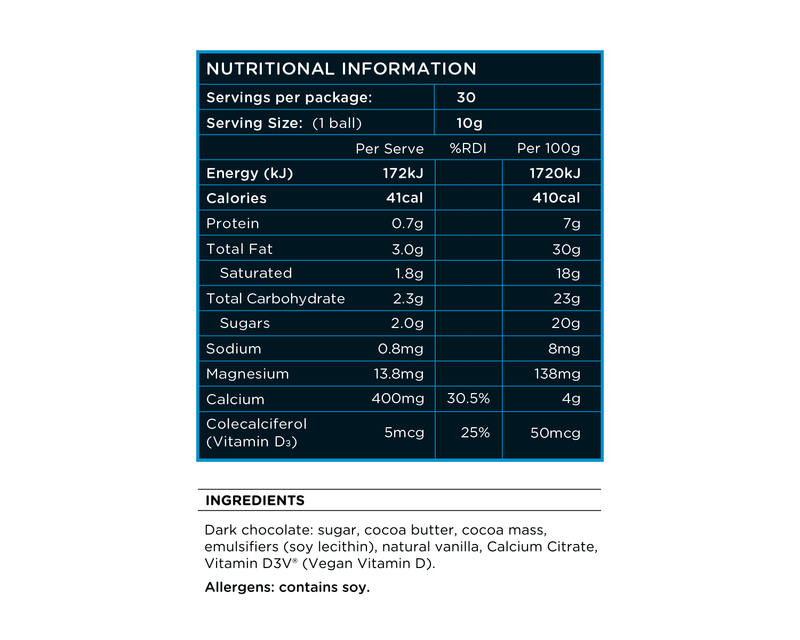Maintaining Weight Loss for Life After Bariatric Surgery

After a successful Bariatric Surgery, your improved quality of life and the decreased risk for obesity-related disorders from the initial weight loss following surgery lead to a positive outlook for future things. But eventually, your weight loss progress slows. What should you do?
Maintaining weight loss for life after Bariatric Surgery requires understanding how weight loss patterns change after your body adapts to the bariatric procedure. You must understand they are not linear, at least in the long run.
There will be periods of ups and downs. But to accomplish your goals, you can focus on things under your control, such as your diet, physical activity levels, and resistance training.
In this article, we will help you with strategies, based on proven methods, to maintain fitness after Bariatric Surgery.
How to Maintain Weight Loss After a Bariatric Surgery

Weight Loss Surgeries effectively reduce body weight. Yes, they can produce great short-term and long-term results. Yet, it's important to remember they are not a one-time fix permanent solution to weight management and fitness.
You will lose weight after the bariatric procedure and be able to accomplish your weight loss goals with minimal effort as your body tries to adapt to the decreased food intake and hormonal changes following surgery.
Always remember the human body is remarkable at adapting to changes, be it a gastric sleeve procedure or a bypass procedure. Your body will eventually adapt to the reduced food intake or the decreased time it has to process food.
The human body is geared to revert to things as they were before our surgical intervention. This adaptation process can lead to weight gain again. Unfortunately, these biological changes inside the body can not be controlled, at least not fully.
Although with consistent small efforts, it's possible to maintain and control your weight after the surgery. Here are some steps you can take to accomplish your weight loss goals and maintain them:
Keep Calm and Know It's Normal — It's a Long Game
We mention this as number one on our list because it can be discouraging to see some weight returning after all your efforts and the surgery. And it's easy to panic and lose motivation with your current weight loss journey developments.
But you will find as you go through rapid weight loss, followed by moving up and down a few kilos, and then some regain. It’s common for up to 20% regain after Gastric Sleeve Surgery, so don't be alarmed. We need to acknowledge this fact, but be aware if weight keeps creeping in the upward direction. Get help early so your habits and meals can be tweaked when there're only a few kilos to move - leave it too long, and it's just unnecessary work for you!
Remember, it's a long game. These minor choreographed setbacks are part of the process. Here is our in-depth article on why the weight loss patterns will not be a standard downward plunge. Have you had a look at those graphs in the article? Yes, that's how it's supposed to be, and it's normal.
With those facts, it's easy to deduce there will be periods of weight gain and weight loss over your journey.
Also, psychological factors such as mood, proper concentration, and focus are listed as key factors that determine the overall success in losing weight after surgery in the long run.
So, we want you to be prepared to take on the challenge, knowing you will accomplish your goals if you keep up your efforts.
Complete Weight Loss Solutions After Surgery — The Basics

If you're gaining weight after surgery, there are usually two possibilities: the normal weight gain and loss cycles we discussed.
This shouldn't be an issue if you maintain a healthy long-term diet after Gastric Sleeve Surgery, do fitness training, and live a healthy lifestyle; you will lose weight in the long run.
Or there could be a chance that your eating habits, physical activity levels, and other circumstances have changed, so they don't support further weight loss.
This change in diet and physical activity levels can be slow as you adapt to the surgery, and it could be easy to miss, but your body does notice.
Once your body adapts to the new "new" after the surgery, the usual strategies for maintaining and losing weight apply. The key factors for optimal weight loss in the future would be
1. Your Diet. Do You Prioritise a Protein-Rich Diet With Some Healthy Carbs Mixed In?
We ask this question because, in study after study, it's noted that after Bariatric Surgery, people started reverting to their old habits and food choices that consisted mainly of refined carbs.
But for people that did follow the “bariatric rules for eating” that prioritised healthy carbs and protein, their weight loss efforts were more successful, and continued maintenance was easier despite increasing calorie intake over two years after the procedure.
So, where you get your calories and energy matters as much as how much you get from them. A whole grain bread will always be a better choice than white bread.
And to meet your energy needs, a proper ratio between healthy carbs, lean protein, and fats is to be kept track of. An ideal ratio would be up to 30 per cent carbs, 50 per cent protein, and 20 per cent fats.
Are you having trouble controlling portions of your diet? Here is something that can help you keep track.
You can wiggle around the numbers a bit, but your goal should be reducing carbs, but don't eliminate them from your diet, a minimum of at least 10 per cent of the overall ratio, and increasing protein intake.
2. Increasing Physical Activity Levels and Integrating Strength Training

This increase in physical activity levels goes hand in hand with maintaining a healthy bariatric diet. Before we drill down to this point, it's important to remember Bariatric Surgeries are excellent tools to aid your weight loss efforts.
But where we can fall a little is thinking that we can accomplish our weight loss goals as easily as it happened in the first six months after the surgery, the peak weight loss period, and it's not going to be this way because that's not how our bodies are designed.
Energy conservation is a concept built inside each cell of the body.
Your physical activity levels could have been lower, to begin with. But that's in the past. We want you to know that taking advantage of your increased mobility from the sudden weight loss following the bariatric procedure is essential.
Even if you're severely obese, you can safely adhere to intense exercise regimes with no downsides. And strength training should be integrated as part of your schedule.
Muscles require more energy for your body to maintain, and this will allow you to naturally burn more calories, and boost your metabolism, leaving little energy for storage as fats.
Hence, once you notice a real stagnation in weight loss numbers and have identified the issue as your physical activity levels, it's time to be proactive by training more, taking advantage of the positive life changes from the procedure, and accelerating your journey to further success.
3. Is Your Stress Management Hindering Progress?
Although the real crux of this article is the first two points in our list: diet and physical training, keep track of these two factors, and your chances of problematic regain are lowered. Yet, sometimes the number one roadblock comes from psychological factors.
Each of us is unique in how we deal with stress. For some, a healthy meal followed by a nap can immediately recharge and allow us to return to life fully.
And although it's common to indulge in food to relieve stress, some of us get stuck with habits such as uncontrolled eating and dealing with excess stress or intense emotional experiences by increasing our food intake.
The solution cannot be as simple as "get good at dieting." In this case, you could initiate some counselling to deal with psychological factors that are unique just for you.
If you're really giving it your best and still not seeing the results for at least three months of healthy eating and resistance training, speak with your dietitian, they can help you identify the holes and recommend a new course of action.
4. The Good Old Formula of Calories In and Calories Out

You can't put on weight if the amount of calories you consume is fully used up by the body and there is nothing left to store.
Giving us this well-known formula for weight loss of total calorie input from food intake and how much of it's spent by the body through physical activity and various metabolic processes of the body that keeps us alive.
Although it's a sleek formula, things are more complex; as we mentioned, in the long run, what you consume matters as much as how much you consume.
The flaw with the formula is that it judges the total calorie obtained from foods, be they healthy or unhealthy, on the same scale without considering things like
- Glycemic index, in what magnitude the consumed food affects your blood sugar levels. The lower, the better.
- The ratio of carbs, protein, and fat in the meal. Ideal ratio based on your goals.
- Digestion time; it's how hard the body has to work to get the nutrients out of the food. The longer, the better.
- Dietary fibre; fibre-rich foods can leave you with a full stomach for longer. Higher, the better.
- The nutritional makeup of the food. It must be rich in essential vitamins and minerals.
Food that is considered unhealthy usually scores poorly in many of these factors. Their imprint and after-digestive effects on your body are not desired for maintaining good health.
Once you understand the calories from condiments and salads are not the same (from a physics perspective, they are, but you get my point), you can start implementing the formula of total calories in and spent; it does work in the long run if you can neatly cover other points in this article.
Try not to obsess over numbers, though, as they are never absolute. So, yeah, those are the four immediate strategies to focus on if you want to lose more weight and maintain it after Bariatric Surgery.
Final Thoughts
Long-term weight loss following Bariatric Surgery requires effort and knowledge of how your body adapts after the surgery. There are proactive steps that should be taken forever to maintain your fitness.
Sticking to a healthy bariatric diet, gradually increasing your physical activity levels, and strength training; all help with your efforts.
It's also important to keep yourself mentally fit, and if any psychological factors that we talked about tamper with your efforts, best to get them treated with the help of professionals before you resume your bariatric journey.
Remember, focus on long-term goals; you can be better and deserve good health.















